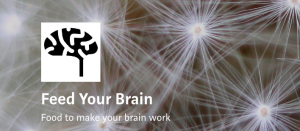How your skin colour is linked to your mental health
You probably associate vitamin D with bone health, but that’s just a fraction of the picture. There are receptor sites for this vitamin throughout the brain and deficiency is associated with a range of neurological disorders, including depression, schizophrenia, dementia (including Alzheimer’s) and Parkinson’s disease.
Read more










